Getting a late diagnosis is challenging, especially when your assessment requires historical context. My parents had me relatively late in life for their generation. This left me, at over 50 years old, with parents who couldn’t complete my assessments due to their vascular dementia. Fortunately, I could rely on old school reports and insights from my sister and a friend who had known me since I was seven.
I deeply wish I could have shared my diagnoses with my Mum and Dad. I would have loved for them to understand the origins of my quirks. My dad had a twitch where he constantly moved his leg, tapping his foot up and down on the floor and my mum suffered from anxiety, depression, and agoraphobia for most of her life. I became an inadvertent counsellor for my parents at a young age, absorbing their struggles that most teenagers wouldn’t encounter. Despite my efforts, I could only help them resolve some issues during their lifetime. My mum, unfortunately, did not address her childhood trauma before her passing last year and finding out more detail in her bedridden state was traumatic for those left caring for her.
I often reflect on whether understanding their quirks earlier could have led to more meaningful conversations. While I can interpret their behaviours through my perspective, it doesn’t replace the profound one-on-one conversations we could have had if I had known about my neurodivergent brain earlier.
I wish my parents could see how much more at peace I am now with my Autism and ADHD diagnoses. Despite their efforts to reassure me, I internalised many derogatory thoughts about myself over the years, the internal dialog of the hardest task master – me. Finally, having answers to why I am the way I am has been liberating. It also explained why they were the way they were and the dynamics in their relationship due to their own neurodivergent brains.
I wish they had answers about their own struggles before they died.
Seeing my partner now guiding his parent through self-understanding and challenges in a supportive way makes me so proud, if not a bit envious. I’m proud of the man who is helping his parent and saddened that I couldn’t have that experience with mine.
Would my Dad still have pursued a career as an engineer? Probably. But I wonder if my Mum might have made more of her talents in watercolour painting and sewing. She was brilliant, but I only fully appreciated her skills after she passed away and I discovered her drawings. I didn’t know she had received a commendation from a daytime drawing class she attended after retirement.
I regret not being more involved in their lives after they stopped working. Despite this, I cherish the pieces of them that I do still have. And I plan to take the small amount of their ashes to Ireland where my Dad always wanted to retire. I suspect that, due to the adversity, changing her surroundings would have been hard for my Mum, and possibly not quite my Dad’s favourite idea either. They loved their family too much to be far away from them.
Did they have dreams that they felt were unattainable? Innate skills they could have made more of?
I’m hoping that, despite getting older, I can pursue my passion for self-employment, unlike my parents who may not have chased their dreams. I still wonder what they might have been, how fantastical the ideas floating in their craniums were and how many passions they laid to one side because it wasn’t acceptable.
In me they will live on and get their talents recognised that they both passed on to me. That I can be sure of.

